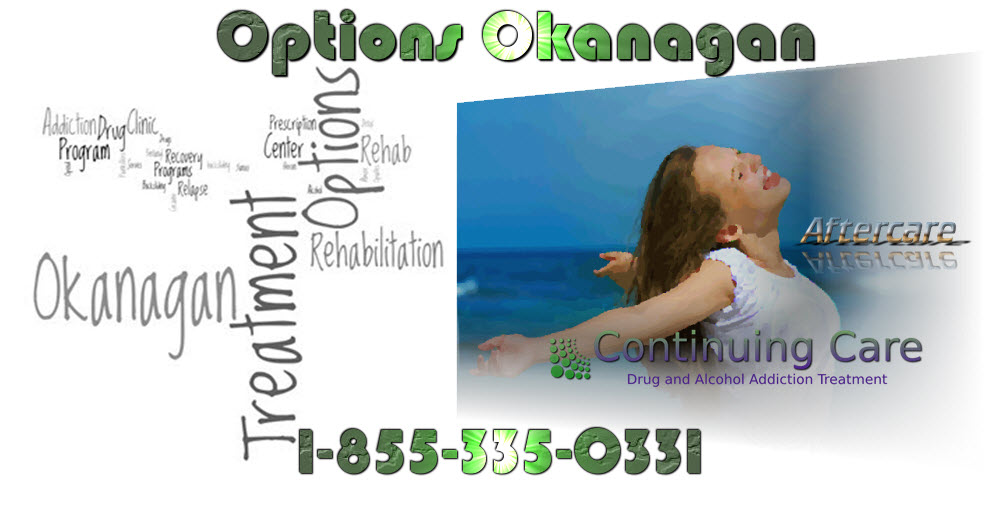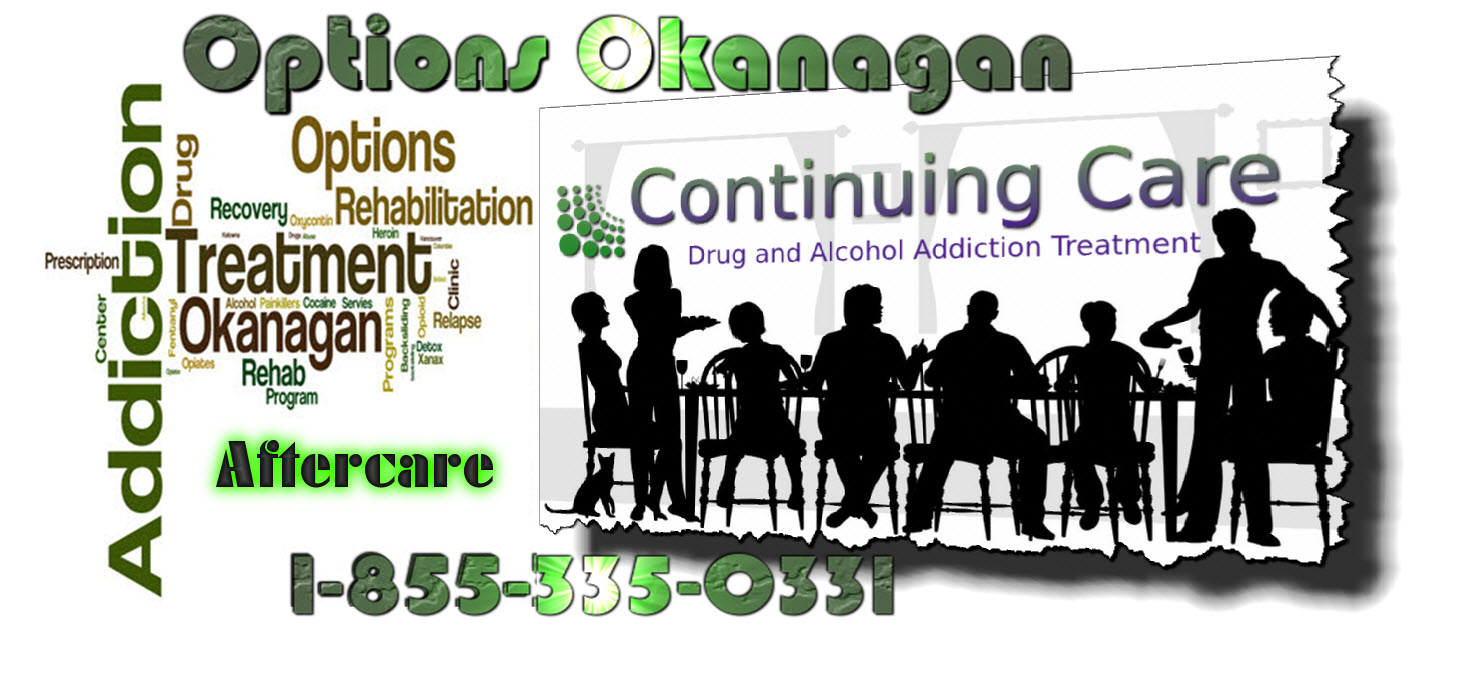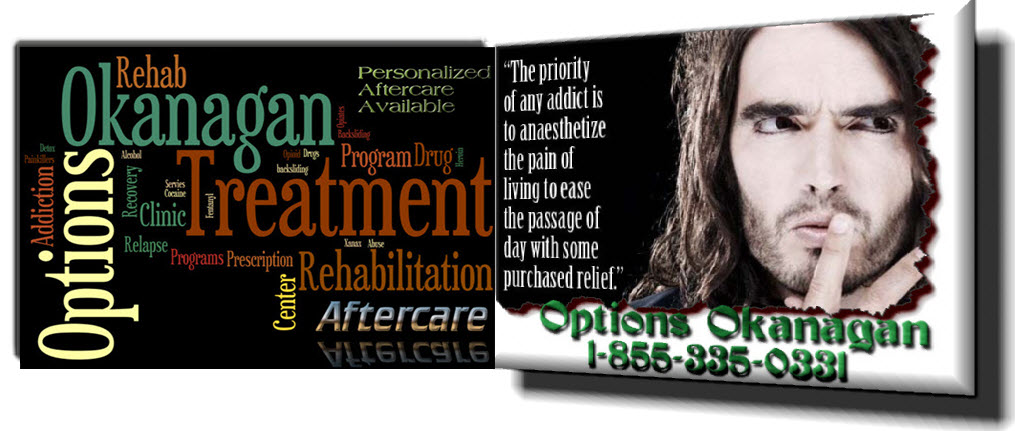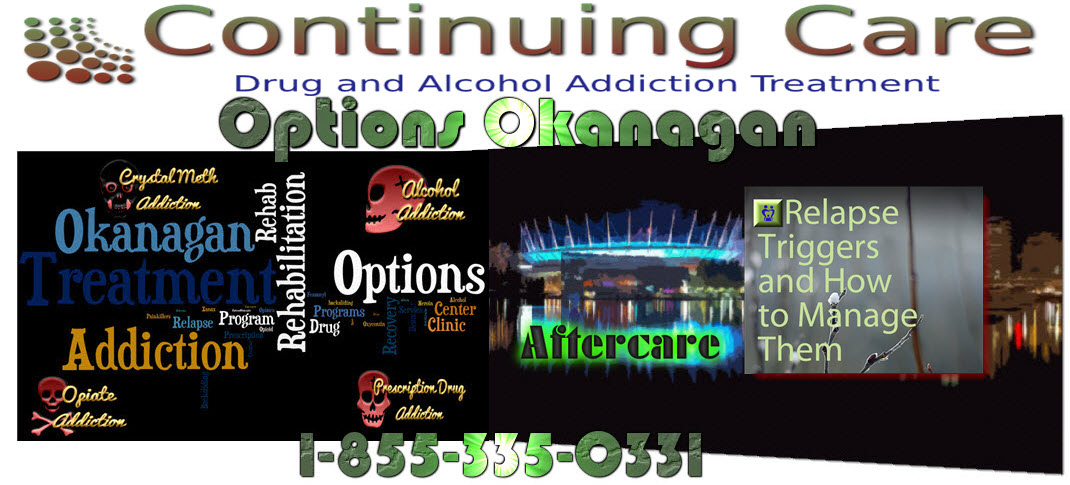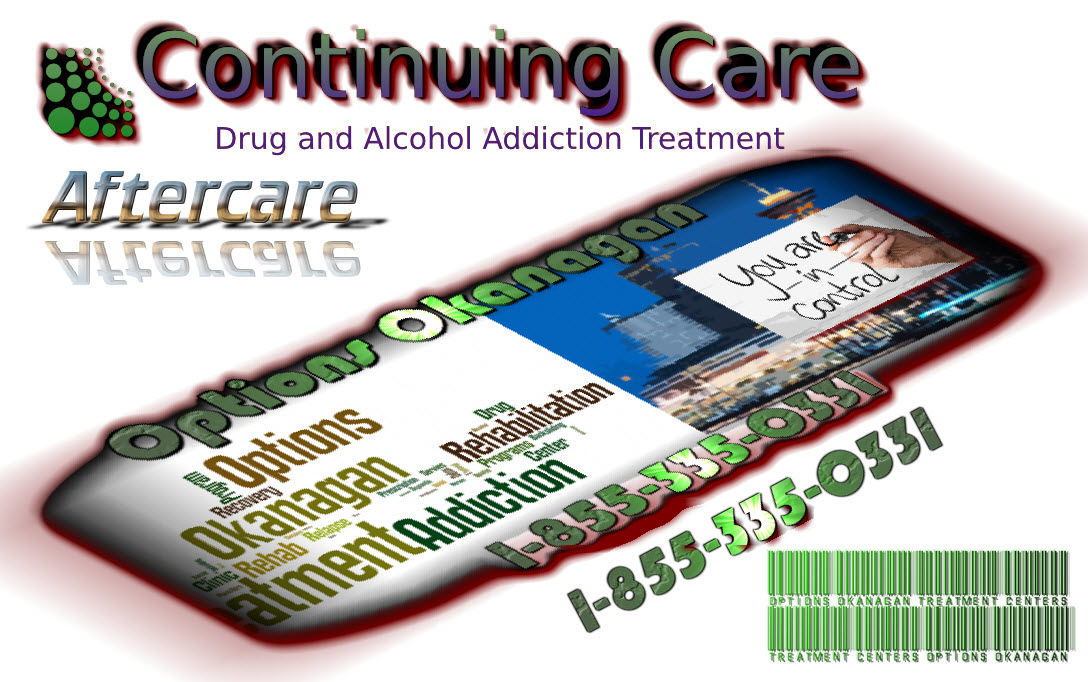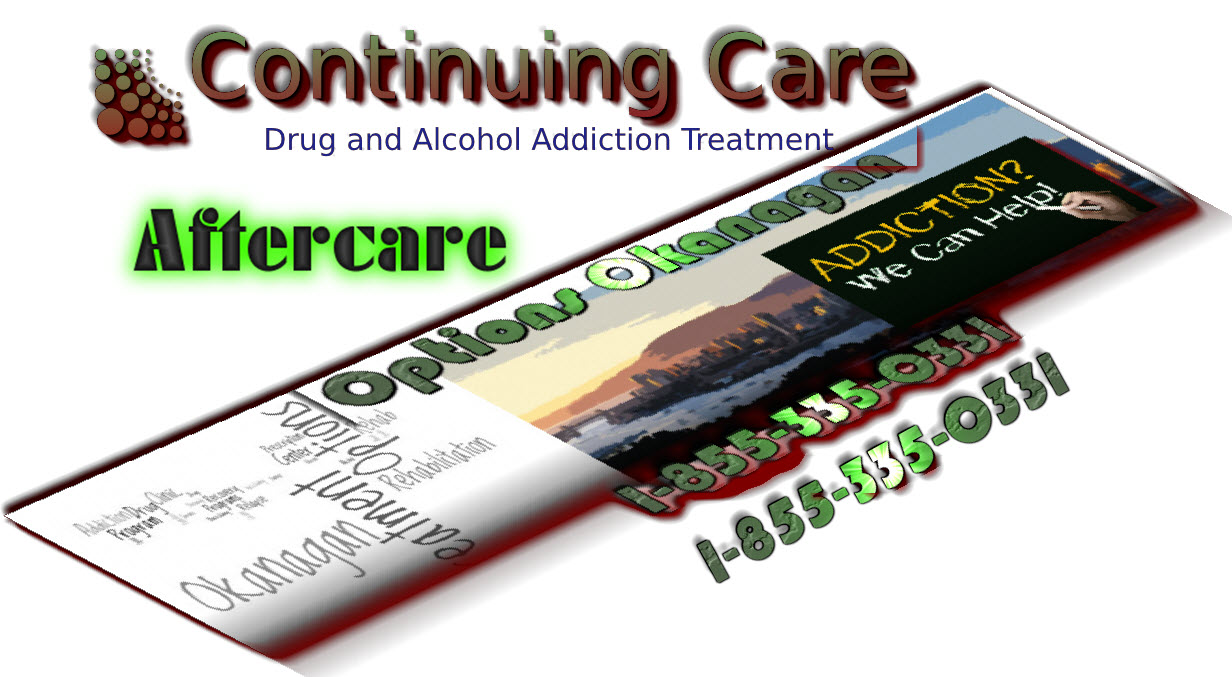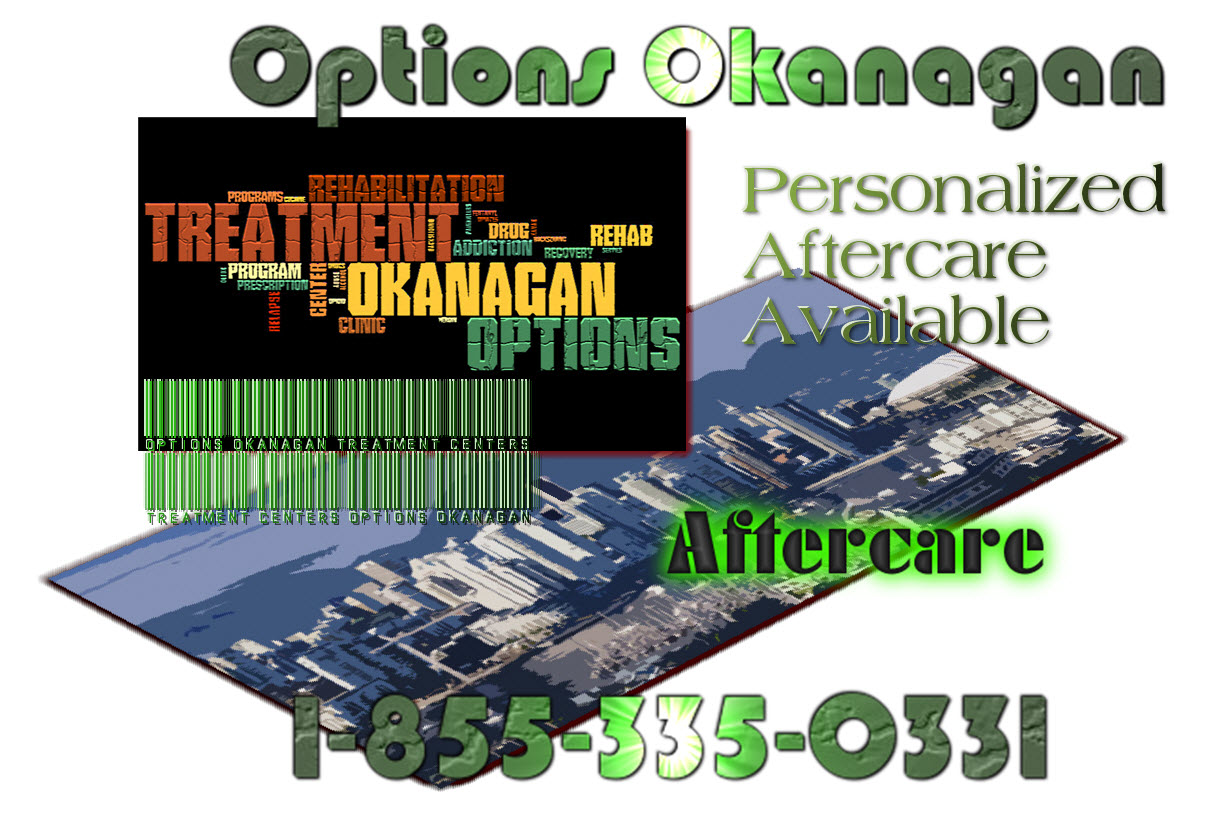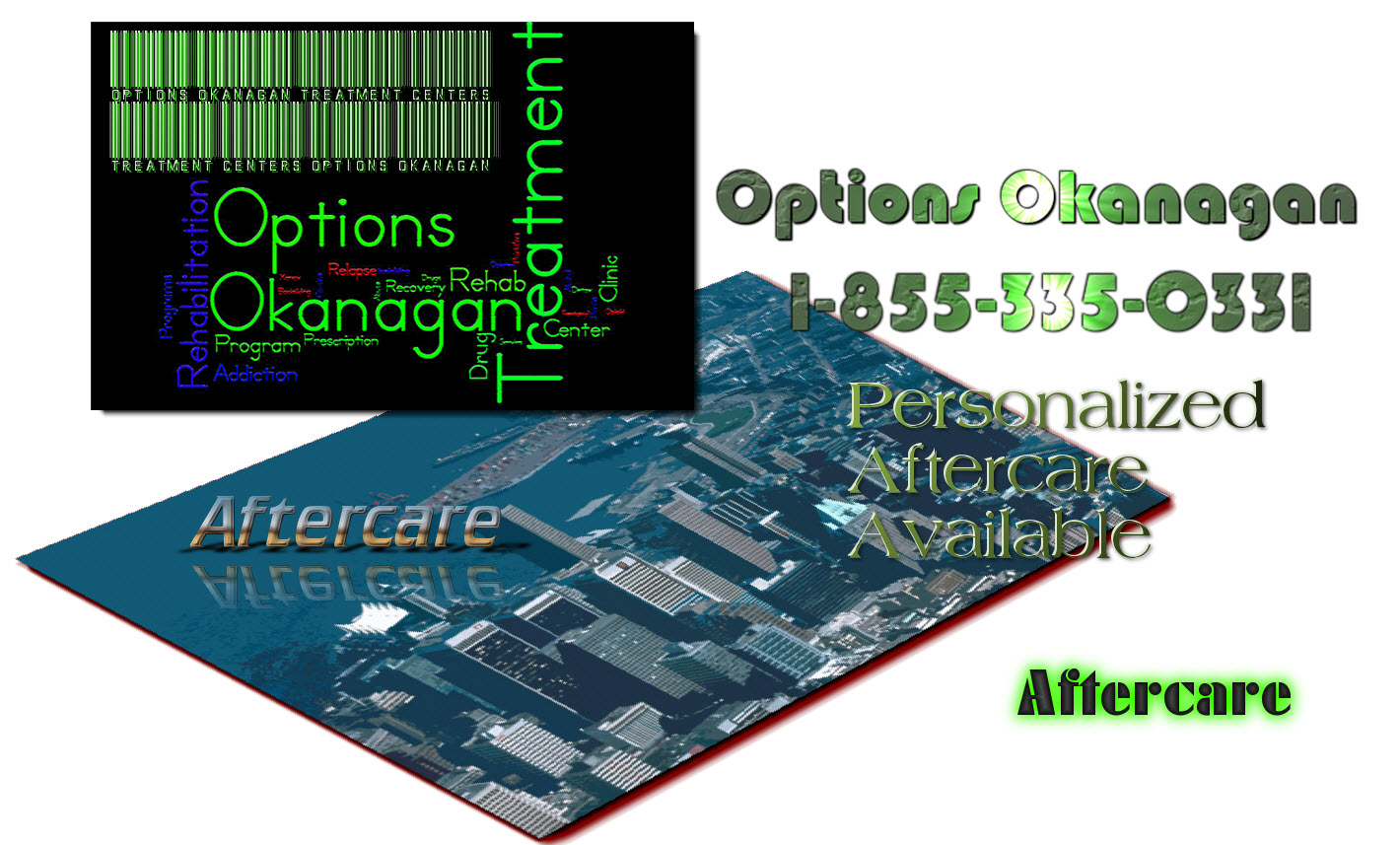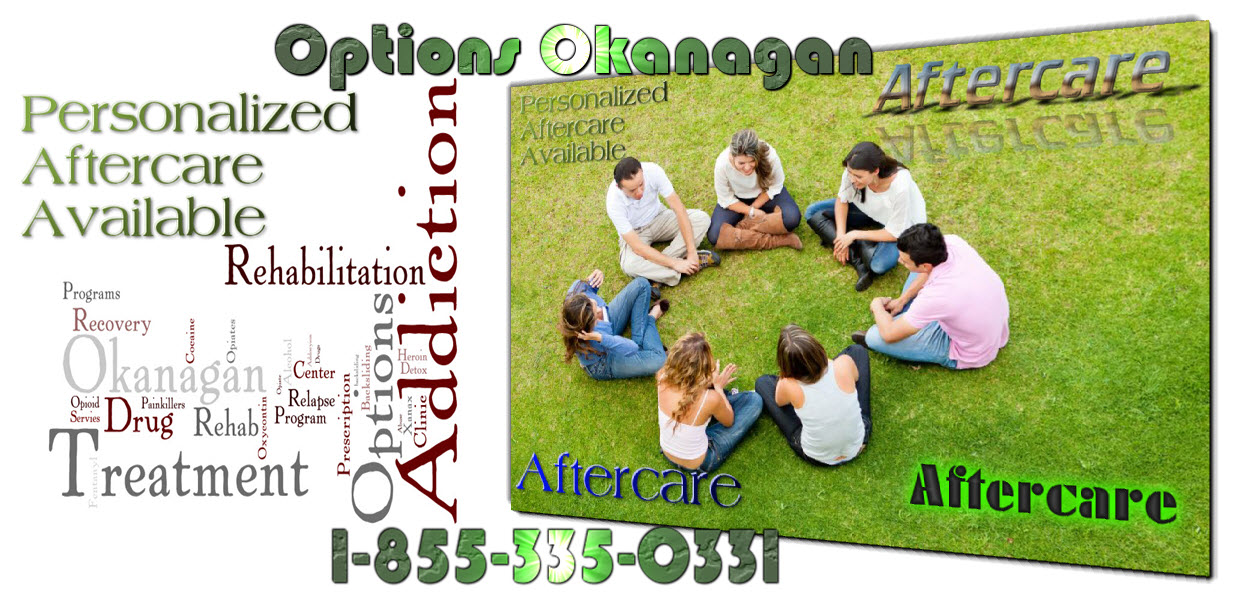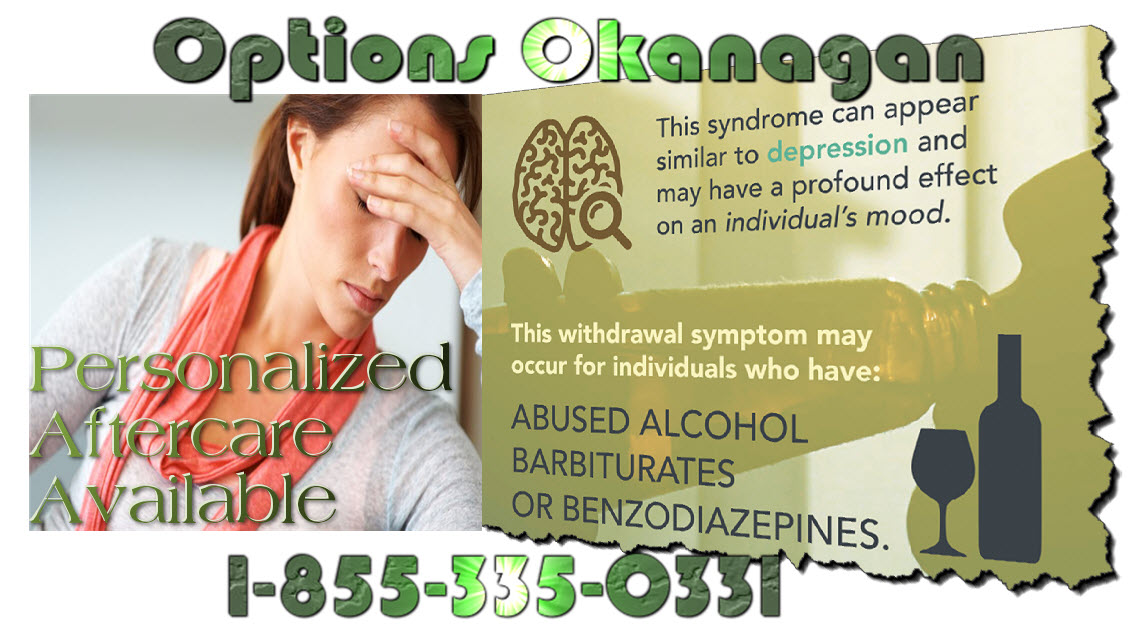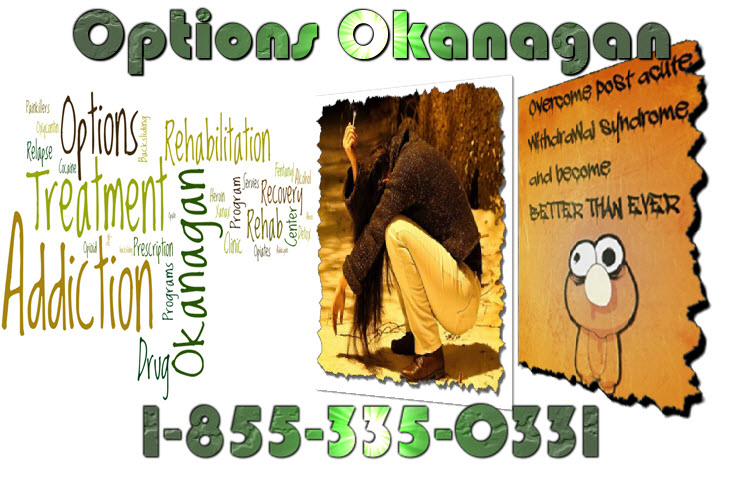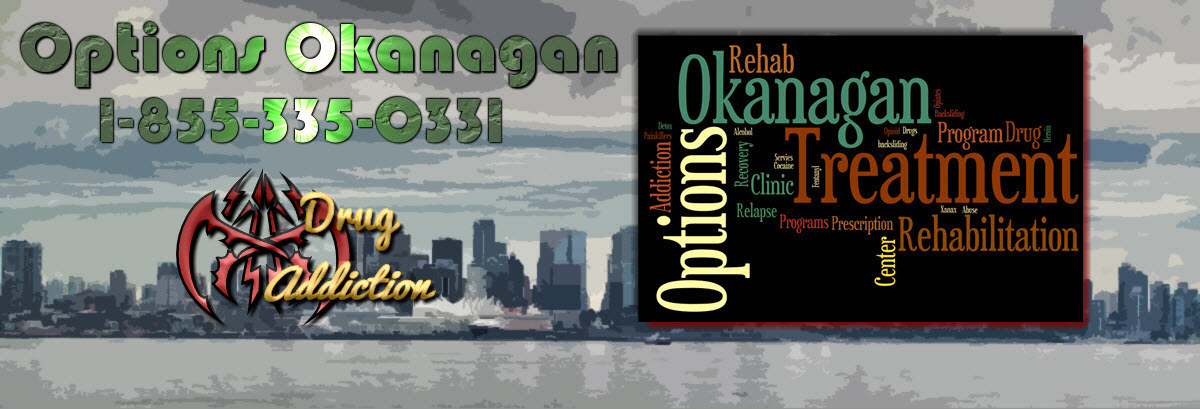Rehabilitation aftercare and continuing care for Friends and Family Members in Vancouver, Victoria and Kelowna, British Columbia. – Options Okanagan Treatment Centers in Kelowna, British Columbia treating opiate and alcohol addiction and recovery.
Support for Friends and Family Members
Family members may be involved in various types of aftercare programs. The type of program depends on the desires and needs of the person in recovery and their family. The addiction treatment professional can make recommendations after working closely with the person in recovery.
Some types of aftercare programs commonly available include:
One-on-one or individual counseling – This addresses the individual problems and needs, centering on helping the family members and teaching them the support skills needed to avoid the maladaptive behavior.
Group therapy – Make connections with other families going through the same type of situation, while reducing feelings of isolation and resolving interpersonal issues.
Educational programs – Focus on learning about addiction, the impact addiction has on family, and the steps needed to address recovery and healing.
12-Step program – These spiritual meetings focus on co-dependency, caretaking, self-blame, enabling, and trying to control other people’s behavior. This can include groups like Nar-Anon and Al-Anon.
Integrated Family Therapy – This therapy focuses on treating the family as an interconnected system. The behaviors of each family member are examined as it pertains the substance abuse. This uses the strength of a family to create positive change.
How to Choose an Aftercare Program
A good aftercare program includes various strategies. These different strategies assist with a loved one’s recovery. These can include outings, activities and counseling sessions, as well as coping strategies, educational sessions and visits from alumni offering hope for the future.
A person can learn that having fun does not have to include substances. This offers time for growing and learning. These are the marks of a successful aftercare program.
Each family members must take abilities, needs, and preferences into account when choosing the type of program that’s right for a family.
Engaging Teen Family Members in the Aftercare Program
Teens with friends or family members who have an addiction need to be allowed to process things their own way. A specialized counselor should be able to help. School schedules must be accommodated when setting appointments for a family with a teen or individual teen counseling.
What Extra Support Does a Teen Need?
Teens must have extra support when going through recovery or the aftercare process with family members. They need to realize that they are not at fault for their family member’s addiction. They need to know that there’s nothing that they could have don’t to prevent addiction, and they can’t cure it.
With specialized help, a teen can work through their emotions and they can learn coping skills that will work well for them. This may be different from the techniques used to help adults through the process.
How Can Aftercare Help Your Teen Complete Rehab?
If a teen has an addiction problem, it can be devastating. Parent must know how to best help a teen through aftercare. The teen may realize they’re not to blame for addiction and there’s no way for them to sure it. However, there are things they can learn that can help.
Teens must learn how to manage stress, recognize the signs of an impending relapse and know the best way to support and encourage their child. This is only a few ways to get good aftercare that can help a parent cope with their child or teen, while in recovery.
If you need help locate a rehab aftercare program for you, your teen, family members or friends, call 1-855-335-0331.
Options Okanagan Opiate and Alcohol Treatment Centers in Kelowna, Salmon Arm and Vancouver, British Columbia – Men and Women are recovering and healing from Alcohol and Drug Abuse at our treatment center here in the Okanagan right now.
Our unique and distinctive Opiate Drug and Alcohol treatment program allows men and women to come in from Calgary as well as Edmonton as we offer airport pickup.
Numerous clients come to us from Vancouver, Calgary and Edmonton and other locations in Alberta and even other provinces for Opiate addiction treatment, heroin drug treatment, many other drug and alcohol addictions for rehabilitation because of the uniqueness of our treatment center.
Our Treatment Location:
Options Okanagan Drug and Opiate Treatment Center
551 Sherrydale Crescent, Kelowna, British Columbia, V1V 2E6
Toll Free Phone Number : 1-855-335-0331

